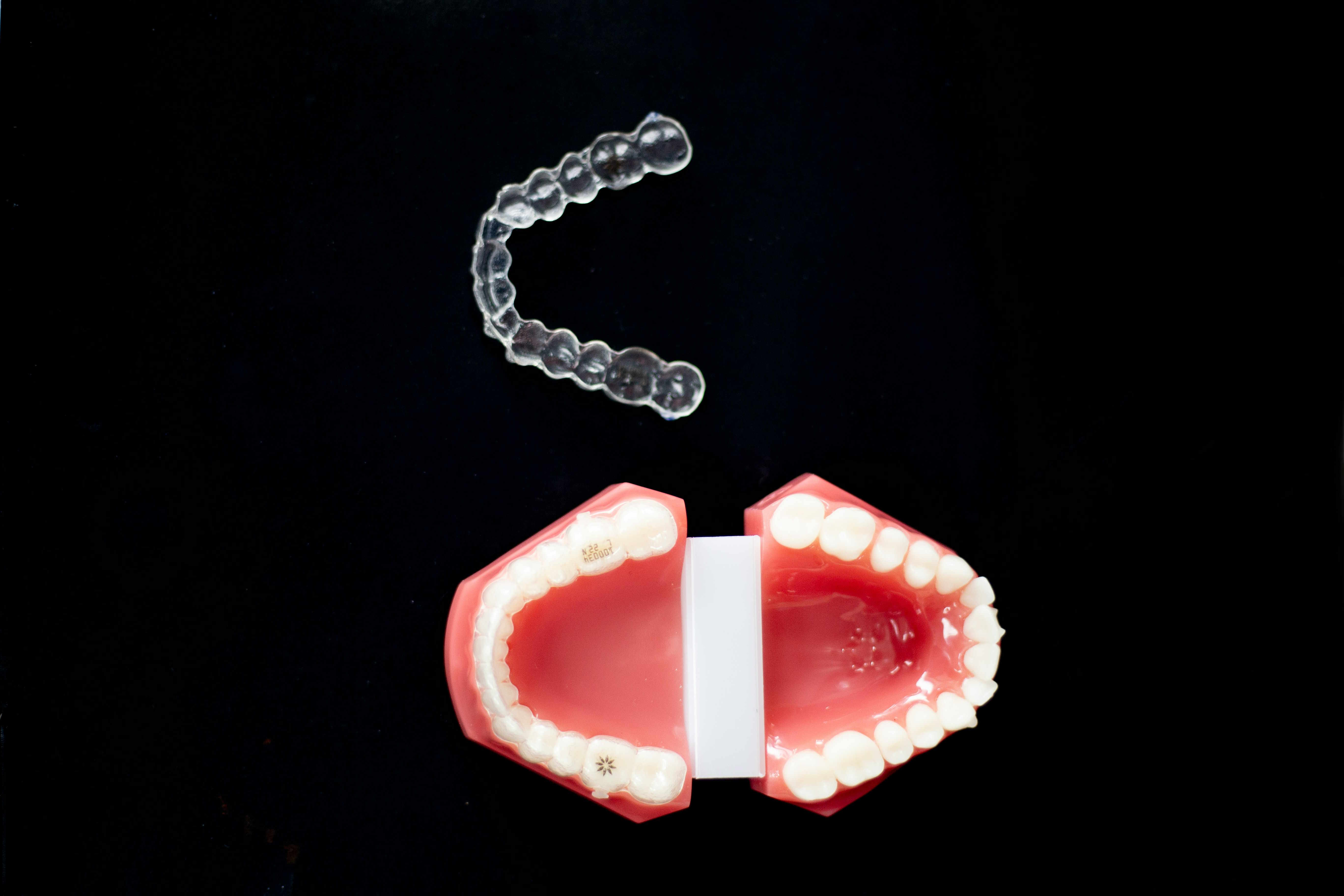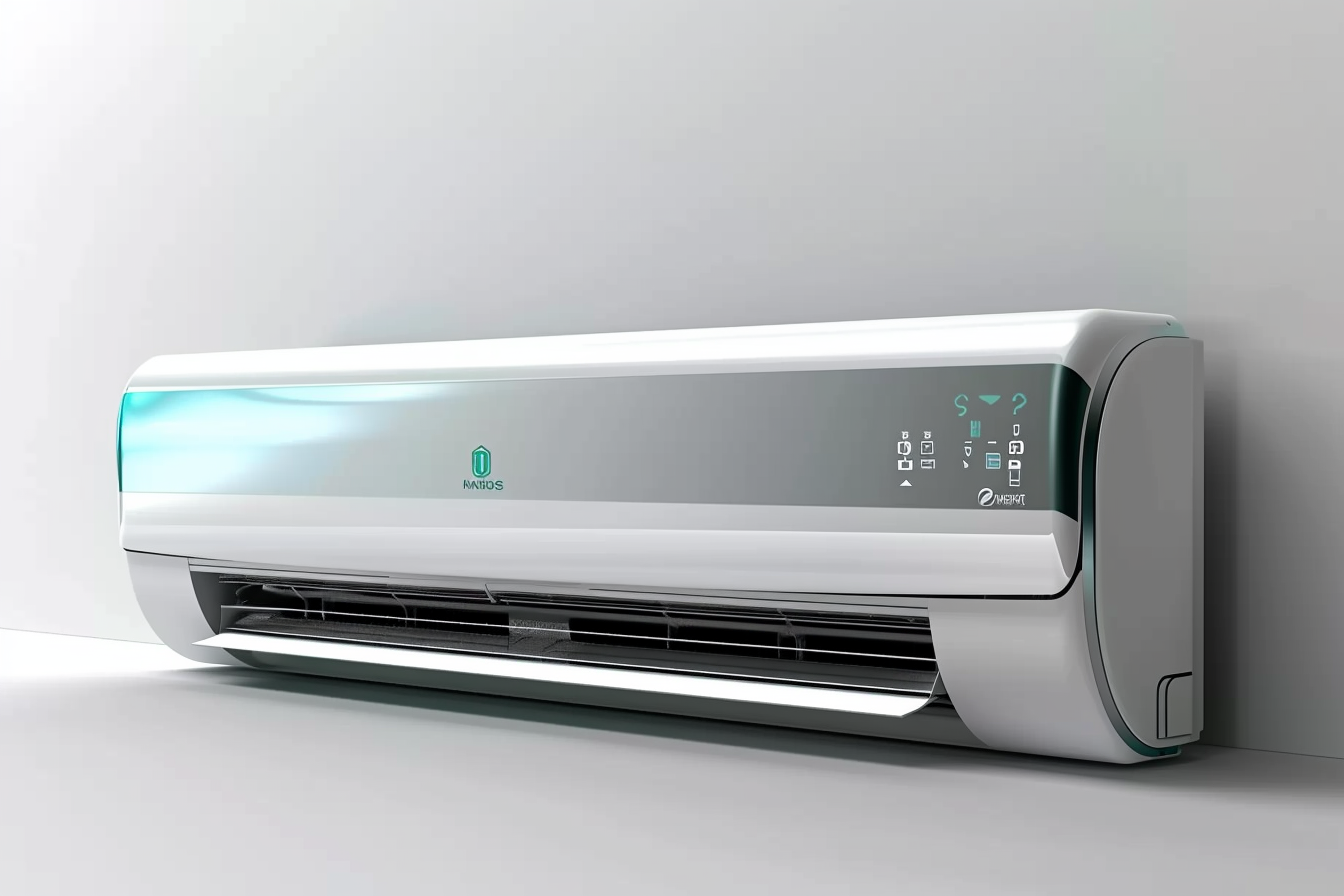What Exactly Are Screwless Dental Implants?
Screwless dental implants represent an innovative advancement in restorative dentistry, offering patients an alternative to traditional implant systems. Unlike conventional dental implants that rely on screws to secure crowns or prosthetics to the implant post, screwless systems use cement or other bonding methods to attach the restoration. This approach can provide several advantages, including improved aesthetics, reduced mechanical complications, and potentially easier maintenance for patients seeking long-term tooth replacement solutions.

How Do Screwless Dental Implants Differ From Traditional Options?
Traditional dental implants typically use a screw-retained system where the crown or prosthetic tooth is secured to the implant with a small screw that passes through the restoration. This screw access hole must be filled with composite material, which can sometimes be visible or affect the appearance of the final restoration.
Screwless implants, also known as cement-retained implants, eliminate this access hole entirely. Instead, the crown is cemented onto an abutment that connects to the implant post. This method allows for better control over the emergence profile and can create more natural-looking results, particularly in the aesthetic zone of the mouth where appearance is crucial.
The cement-retained approach also allows dental professionals greater flexibility in restoration design and can be particularly beneficial when implants are placed at less-than-ideal angles, as the cement retention can compensate for minor positioning variations.
What Are The Benefits For Implants For Elderly Patients?
Screwless dental implants can offer specific advantages for elderly patients who may have unique oral health considerations. The cement-retained design often results in smoother restoration surfaces, which can be easier to clean and maintain for patients who may have limited dexterity or arthritis affecting their ability to perform detailed oral hygiene.
Elderly patients frequently require multiple tooth replacements, and screwless systems can provide more predictable aesthetic outcomes across multiple units. The absence of screw access holes means there are fewer areas where food particles and bacteria can accumulate, potentially reducing the risk of peri-implantitis, a condition that can be more challenging to manage in older adults.
Additionally, the cement-retained approach may require fewer follow-up appointments for maintenance, as there are no screws that may need periodic tightening or replacement over time. This can be particularly beneficial for elderly patients who may have mobility challenges or transportation difficulties.
Understanding Screwless Dental Implant Cost Factors
The cost of screwless dental implants can vary significantly based on several factors including geographic location, the complexity of the case, and the specific materials used. Generally, screwless implants may have similar base costs to traditional screw-retained implants, typically ranging from $3,000 to $6,000 per tooth including the implant, abutment, and crown.
However, the overall treatment cost can be influenced by the need for additional procedures such as bone grafting, sinus lifts, or soft tissue management. The laboratory work for cement-retained crowns may also vary in cost depending on the materials chosen and the complexity of the case.
Many dental practices offer payment plans or financing options to help make treatment more accessible. Some dental insurance plans may provide partial coverage for implant treatment, though coverage varies significantly between providers and plan types.
How Much Does A Full Set Of Teeth Implants Cost With Screwless Technology?
A complete mouth restoration using screwless dental implants involves significant investment but can provide life-changing results for patients missing all or most of their teeth. Full mouth implant rehabilitation typically utilizes 4-6 implants per arch to support a fixed prosthesis, commonly known as an “All-on-4” or “All-on-6” approach.
The cost for a full set of teeth implants can range from $40,000 to $80,000 for both upper and lower arches, depending on the specific treatment approach and materials selected. Screwless systems in full mouth cases may actually provide cost advantages in some situations, as the cement-retained prosthetics can be fabricated more efficiently in laboratory settings.
Factors affecting the total investment include the need for preparatory procedures like extractions or bone grafting, the type of prosthetic materials chosen, and whether temporary restorations are needed during the healing phase.
| Treatment Type | Provider Example | Cost Estimation |
|---|---|---|
| Single Screwless Implant | General Dental Practices | $3,000 - $5,000 |
| Single Screwless Implant | Specialist Offices | $4,000 - $6,500 |
| Full Arch (All-on-4) | Dental Implant Centers | $20,000 - $35,000 |
| Full Arch (All-on-6) | Prosthodontic Specialists | $25,000 - $40,000 |
| Complete Full Mouth | Comprehensive Treatment Centers | $45,000 - $80,000 |
Prices, rates, or cost estimates mentioned in this article are based on the latest available information but may change over time. Independent research is advised before making financial decisions.
What About Cost Of Dental Implants For Seniors?
Senior patients may have access to specific financing options or discounts that can help manage dental implant costs. Some dental schools offer reduced-cost treatment provided by supervised students, which can significantly lower the overall investment while still providing quality care.
Medicare typically does not cover dental implant procedures, but Medicare Advantage plans may offer some dental benefits. Many seniors find that dental savings plans or specialized dental financing programs provide more accessible payment options than traditional insurance coverage.
Some practices offer senior discounts or extended payment plans specifically designed for fixed-income patients. Additionally, Health Savings Accounts (HSAs) or Flexible Spending Accounts (FSAs) can be used to cover implant treatment costs with pre-tax dollars, providing additional savings for eligible patients.
Screwless dental implants represent a valuable treatment option for patients seeking durable, aesthetic tooth replacement solutions. While the initial investment may be significant, the long-term benefits of improved oral health, function, and quality of life often justify the cost. Patients considering this treatment should consult with qualified dental professionals to determine if screwless implants are appropriate for their specific situation and to discuss all available financing options.
This article is for informational purposes only and should not be considered medical advice. Please consult a qualified healthcare professional for personalized guidance and treatment.




